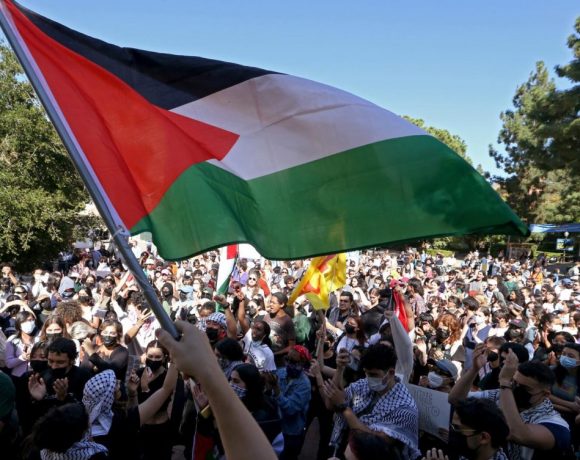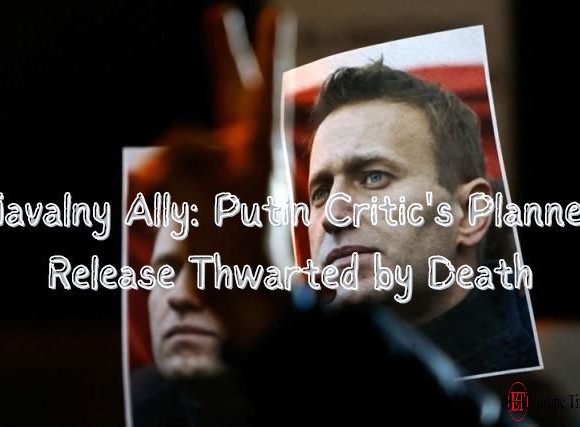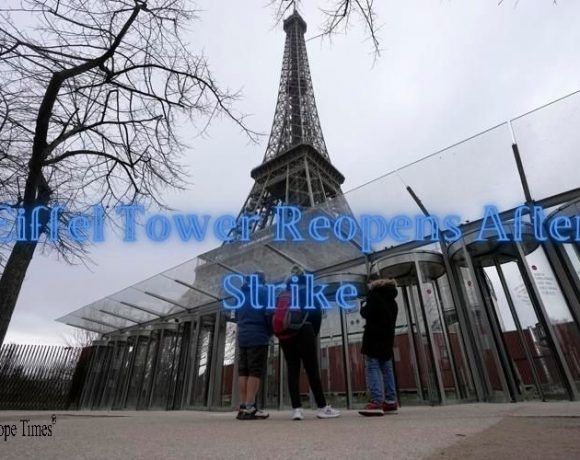
Leaders from Spain, Ireland, Slovenia, and Malta have declared their readiness to acknowledge the State of Palestine as a crucial step towards achieving peace and stability in the conflict-ridden region. During a meeting on the sidelines of a summit in Brussels, they emphasized their willingness to recognize Palestine when it could contribute positively to the situation. They stressed the necessity of a two-state solution, with both Israeli and Palestinian states coexisting peacefully.
Slovenian Prime Minister Robert Golob expressed optimism about garnering political support for Palestine at the United Nations, suggesting that conditions for establishing a Palestinian government could be ripe in the near future. Currently, nine out of the EU’s 27 member states recognize Palestine based on the 1967 borders. Belgium, represented at the meeting, also supports Palestinian statehood but may be constrained from signing such declarations due to its presidency of the Council of the EU.
While the EU backs the two-state solution and provides significant aid to Palestinians, it has not unanimously supported recognizing a Palestinian state. Spain and Ireland have been vocal advocates for recognizing Palestine, particularly following the recent conflict in Gaza. Spanish Prime Minister Pedro Sánchez emphasized the importance of unified action among EU countries rather than unilateral recognition. He stressed the need for careful timing to ensure a lasting peace.
The political diversity of the leaders involved suggests broad consensus on the necessity of recognizing Palestine for future peace efforts. Irish Taoiseach Leo Varadkar also confirmed ongoing discussions among member states regarding formal recognition of Palestine to facilitate more equitable negotiations post-conflict.
Picture Courtesy: Google/images are subject to copyright




